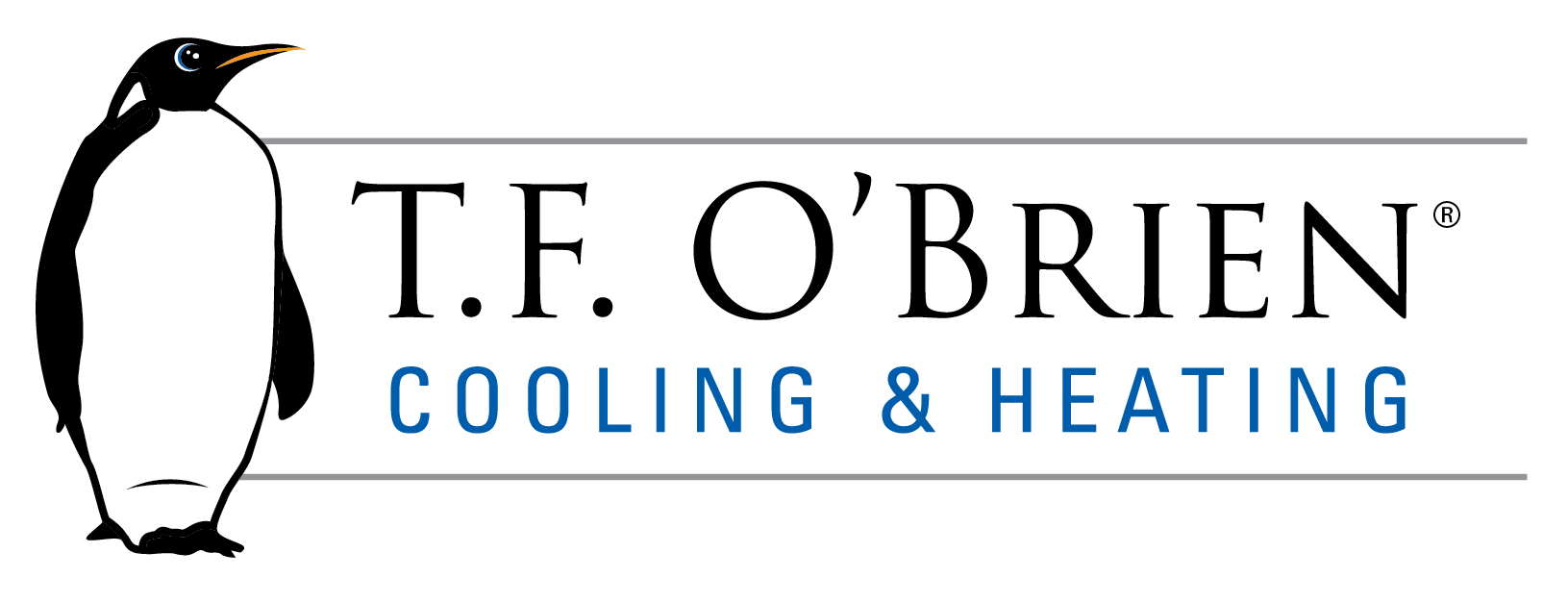Learn More About Your HVAC System by Learning Some of the Lingo
The HVAC industry has become more complex in recent years. The pricing of electricity and other fuels, along with government standards has motivated manufacturers to produce better and more efficient equipment. Along with the manufacturing side, contractors have had to become better trained to keep up with industry changes.
There are terms used in heating and air conditioning that define the higher standards. The average homeowner needs to know a few basic ones in order to be better informed.There are three, in particular, about which every person should be aware. These terms are SEER, AFUE and NATE.
SEER, in the HVAC world, is a simple acronym for Seasonal Energy Efficiency Rating. By understanding this term, the consumer can make better decisions on electrically powered heat pumps and air conditioners. The common SEER rating currently ranges from 13 to 25. The higher the number, the more efficient the cooling or heating.
AFUE stands for Annual Fuel Utilization Efficiency. This rating applies to HVAC equipment that burns propane and other fossil fuels. The rating applies to how efficient the furnace, for instance, is at using fuel. An older gas furnace may only have a 65 or 70 percent AFUE rating. That means at 70 percent, the other 30 percent of fuel used is going out your flue or vent as waste. Newer models have ratings of 80 up to 95 percent. A 90 percent gas or oil furnace burns less fuel for an equal amount of heat and reduces waste and environmental impact.
NATE is a term for those who work in the HVAC industry. It represents North American Technical Excellence. A NATE Certified technician has undergone rigid testing of their skills and knowledge. Only by passing the test can an HVAC technician or contractor earn certification. When you have a NATE technician in your home, you have an assurance that they know how to deal with your problems.
At T.F. O’Brien, we want the public to be well-informed. Call on us or click here with any questions you have about terminology or your heating and cooling system. One of our own NATE-certified specialists, or anyone on our friendly staff will be happy to help.
Our goal is to help educate our customers about energy and home comfort issues (specific to HVAC systems). For more information about other HVAC topics, click here to download our free Home Comfort Resource guide.
